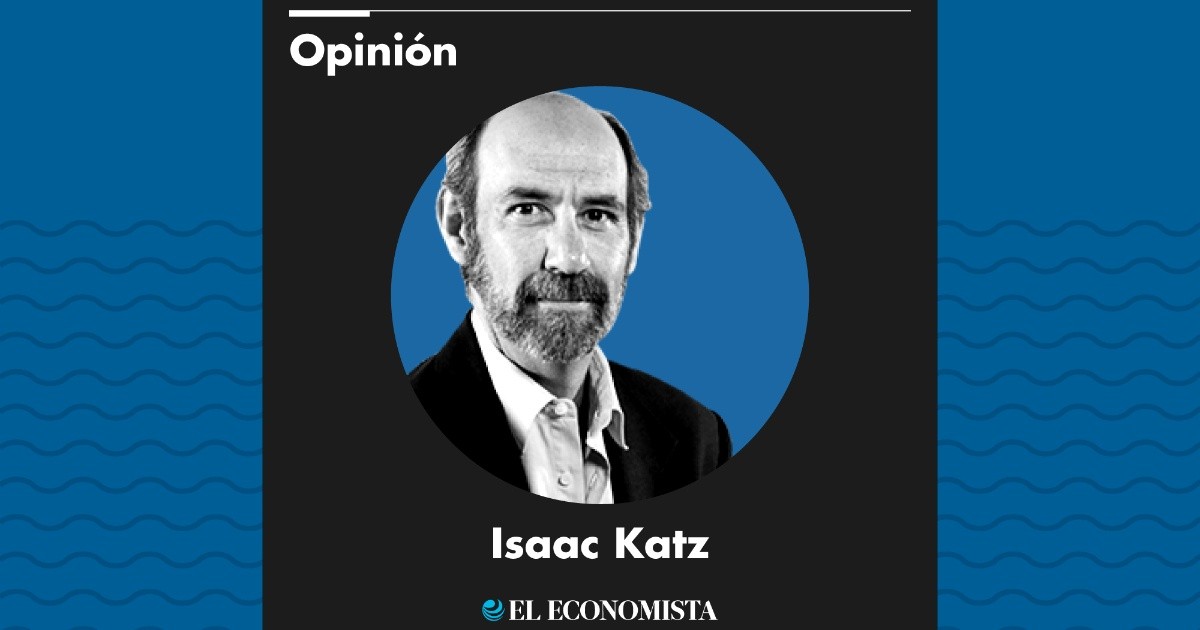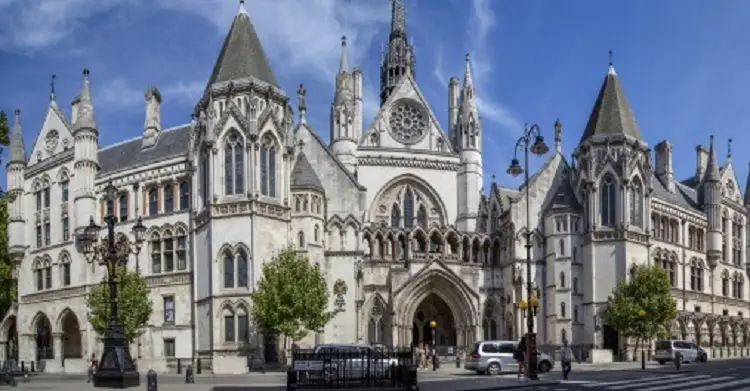The fact that a person smokes carries three costs. The first is the cost of tobacco products (cigars, cigars, and pipe tobacco) plus the harm the smoker does to himself (cancer, COPD, cardiovascular disease). The second is the damage caused to third parties who, being close to the smoker, breathe air contaminated with tobacco smoke. The third is the additional cost incurred by the health system for caring for individuals who are sick due to tobacco. These last two costs are what constitute the negative externality caused by individuals who smoke; the efficient way to deal with it is with a tax on tobacco products.
The absolute prohibition to smoke in certain places considered as “collective concurrence” is based on the argument that since the right to property over the air we breathe cannot be defined and given the high transaction costs, it is not possible for smokers to , even despite the tax, internalize the external costs generated to third parties and pay for the damage caused.
Based on this argument, the General Law for Tobacco Control was amended. With these modifications, smoking is prohibited in patios, terraces, balconies, amusement parks, sports playgrounds, hotels, beaches, entertainment centers, courts, stadiums, arenas, shopping malls, markets, hospitals, clinics, churches or places of worship religious, restaurant and bars and public transport stops. Likewise, it is reaffirmed that you cannot smoke in schools of all levels, workplaces and hospitals and clinics.
It also specifies that in restaurants and bars the facilities may have a terrace for smokers, but it is established that there may not be food and beverage service and that they must be at a minimum distance of 10 meters from the rest of the facilities. For practical purposes, if you go to a restaurant or bar and want to smoke, you will have to go outside. Is the absolute ban on smoking in these establishments efficient? The answer is no, and the reason is that in this case it is possible to define private property rights over the air.
In a restaurant or bar, the owner of the premises is the owner of everything that is inside it: tables, chairs, lamps, crockery, cutlery, salt shakers, napkin rings, kitchen, kitchen utensils, etc. In addition, and this is important, the owner of the premises is also the owner of the air that is breathed inside and, therefore, must have the freedom to decide whether or not to smoke in his restaurant or bar and it will be a decision freely made by part of the diners if they attend the establishment or not.
In this way, if the owner of the place decides that smoking is allowed and puts a sign outside announcing it, if a non-smoker voluntarily decides to enter to eat there, they accept the risk of their health deteriorating from living with smokers and breathing polluted air. Since he voluntarily agreed, he cannot demand compensation for the damage he suffered. Similarly, if the owner of the establishment decides that there is no smoking there and announces it, if a smoker freely decides to enter, they know that if they want to smoke they will have to leave momentarily (partially liquidating their account) or wait until they finish their meal.
Additionally, the owner of the premises must be willing to accept the consequences of his decision. If you decided that smoking is allowed in your premises and as a result your clientele falls and therefore the rate of return on your investment, you would have the incentive to change the use of the premises from one where smoking is done to one where it is prohibited . In a similar way, the opposite would occur if the owner originally chose not to smoke in his premises and therefore the profitability of his business falls; in this case he would have the incentive to change the use to one where smoking is allowed.
Health authorities and legislators took the easy path of absolute prohibition when there are cases like the one exposed here where the prohibition is private and socially inefficient and therefore they should correct the legislation. They will not do it because it is easier to prohibit than to think.
Note 1: I don’t own a restaurant and I don’t smoke either.
Note 2: as I am not going to be accused of plagiarism, this article is based on the chapter “Individual action and rights of third parties” from my book How liberal are you? Coyoacan Editions, 2009.
Twitter: @econoclasta















